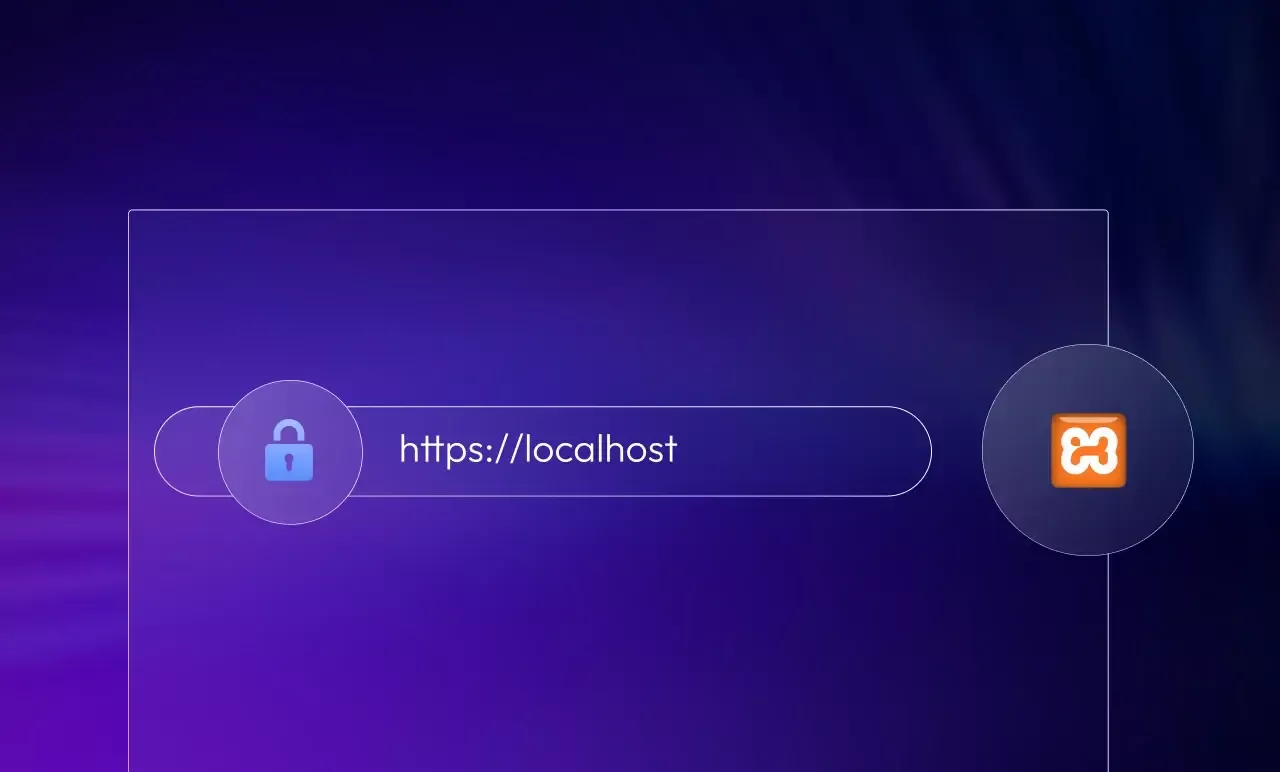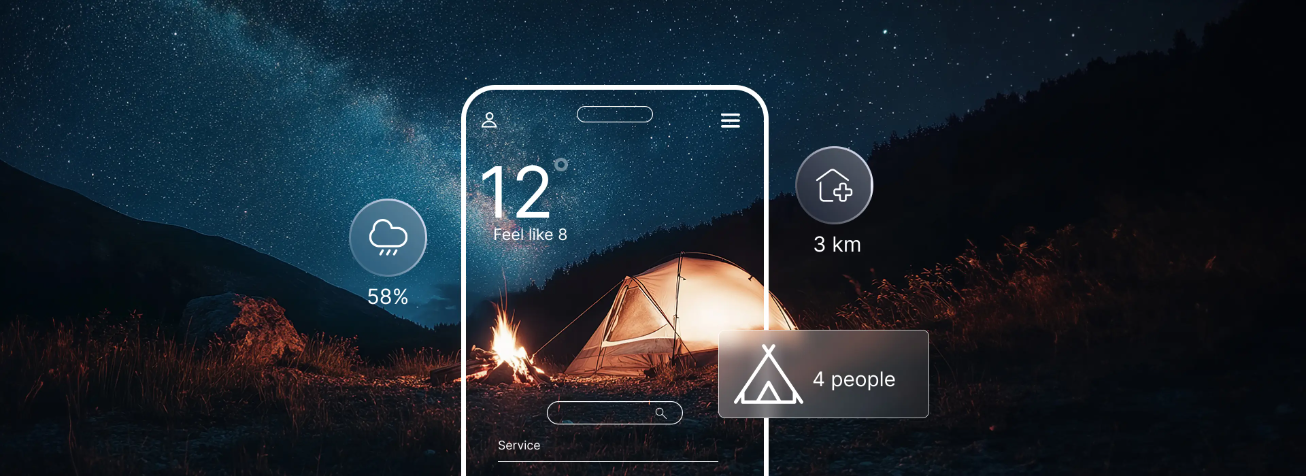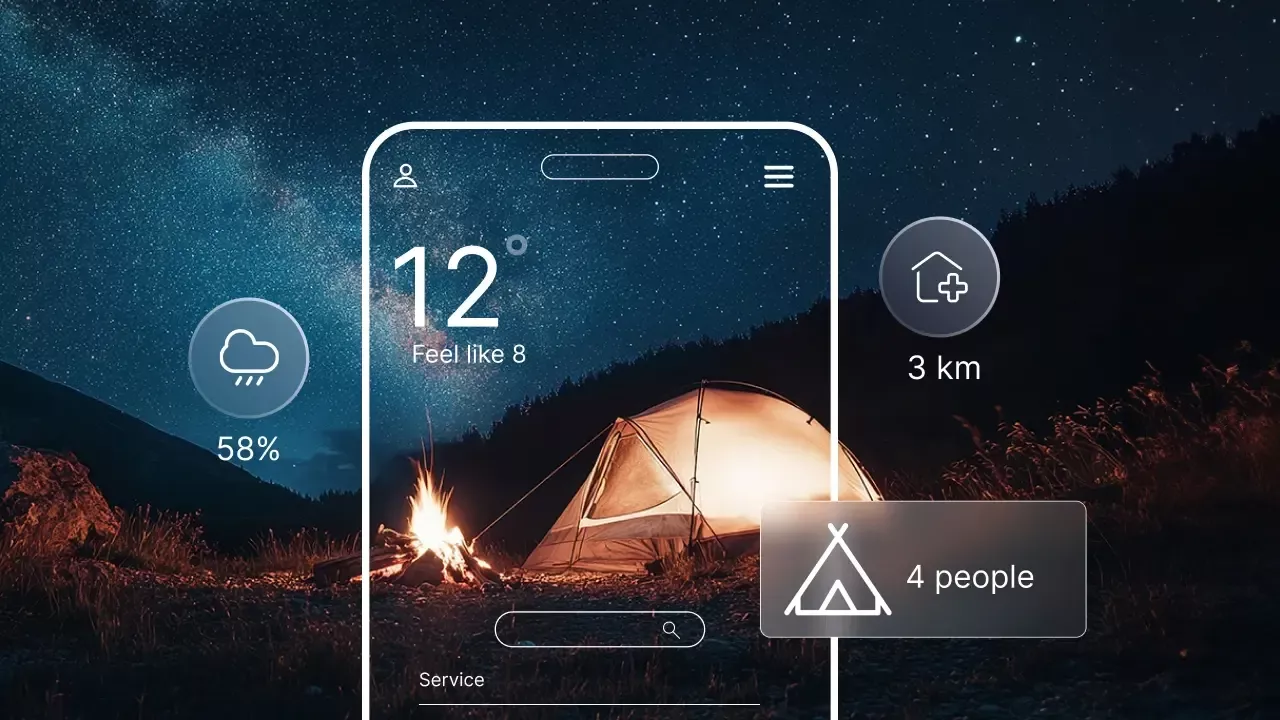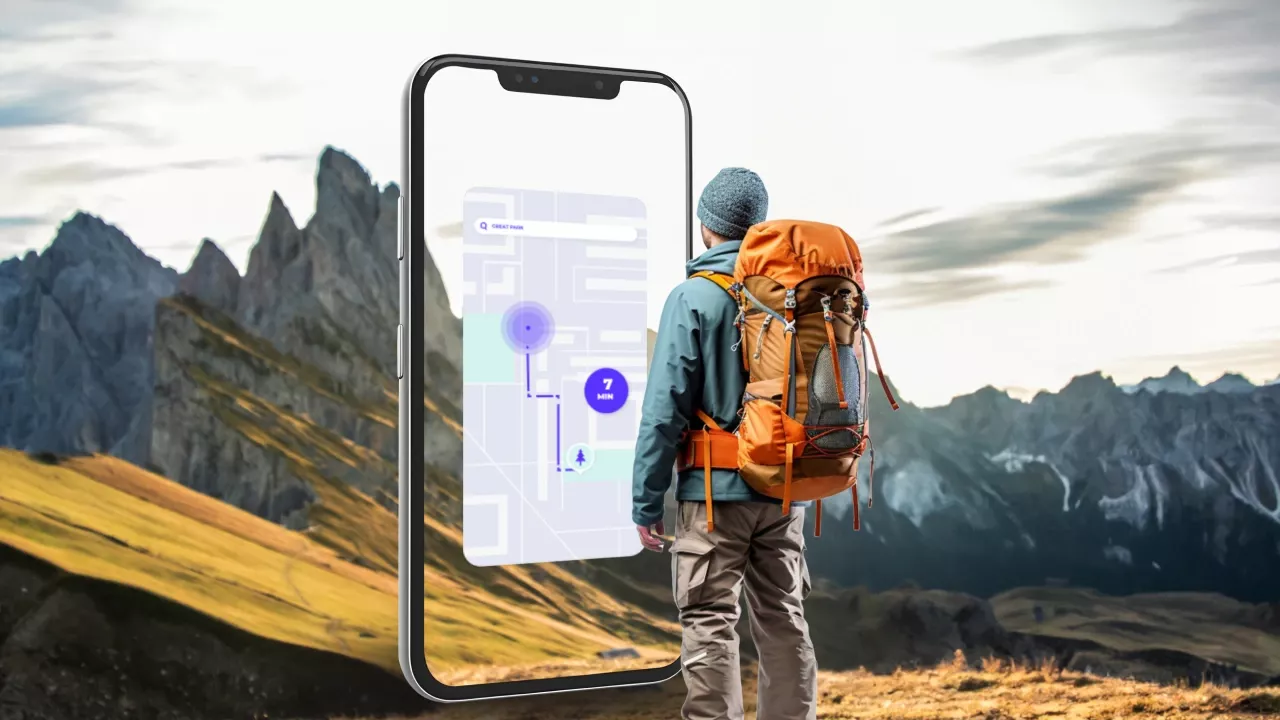How to Install SSL Certificate in XAMPP For Local Development?
How are Travel Apps Transforming the Tourism Industry?
The travel and tourism industry, a multi-billion-dollar sector, is a major economic driver worldwide. As demand from tourists grows, businesses must adapt, with travel apps playing a key role.
Traditionally, travel agencies offer advice and assistance for both leisure and business trips. However, without a strong digital presence, they risk poor communication and customer experience. A user-friendly app simplifies bookings, reservations, and itinerary planning.
Let’s explore how mobile apps have transformed the way people travel, enhancing the overall experience.
Why are Travel and Tourism Apps Trending?
Mobile travel apps have become popular for their versatility and convenience.
While each app may offer unique features, their unanimous aim is to improve the traveler experience and simplify planning and booking.
The reasons catalyzing the need for a digital shift in the industry with travel app development are:
Convenience and Accessibility
Travel mobile applications centralize all travel-related information and services in a single place, giving users peace of mind in planning and managing their trips.
From flight or train bookings to hotel reservations and itinerary planning, they can access everything from their mobile devices and focus on enjoying their destinations.
Efficiency
Travel and tourism apps have significantly reduced the manual workload and streamlined operations of travel businesses. This enables the latter to attend to more guests and enhance service quality.
Automating reservation and check-in processes and offering in-app features like keyless entry and room service saves time and improves efficiency. These innovations help elevate the guest experience.
Personalization and Recommendations
Next-gen technologies like AI and data analytics enable travel businesses to identify personal preferences and offer tailored recommendations and services.
When customers get personalized suggestions aligned with their interests, their likelihood of availing of the service increases. It's a win-win scenario - travelers can make the most of their trips, and travel companies can enjoy increased sales.
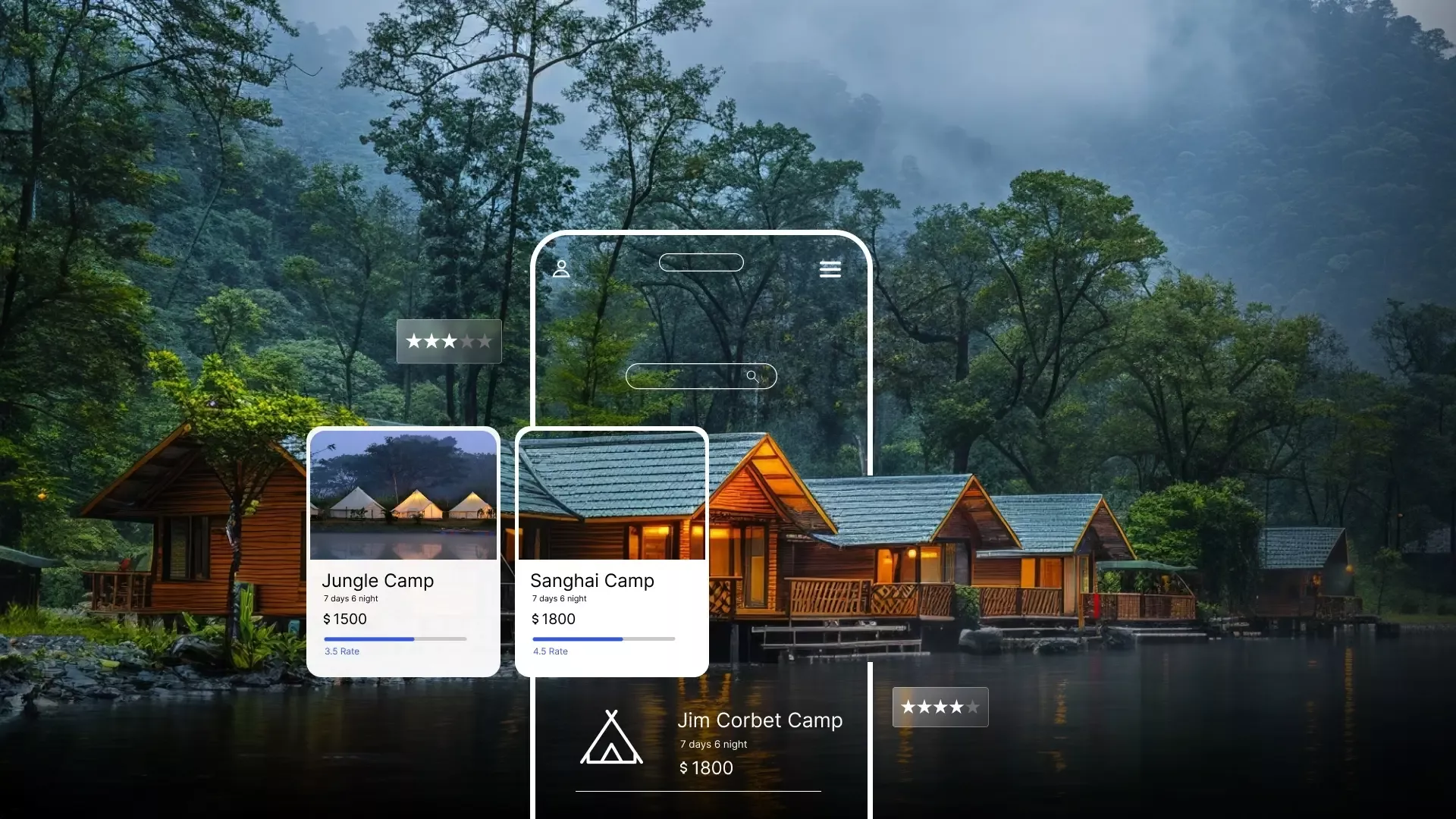
Real-time navigation
Integrated maps and geolocation in travel and tourism apps have enabled real-time updates on the best routes, traffic conditions, transportation options, and weather forecasts.
These features allow tourists to confidently explore their destinations by finding the fastest route, taking precautions for extreme weather conditions, or avoiding affected areas.
Social Connectivity
Travel mobile apps promote social sharing and community engagement. Travelers can share their experiences and gain valuable insights about local attractions, restaurants, and accommodations from others.
Integrating social media into travel applications allows travelers to upload photos and provide reviews, recommendations, and overall trip experiences.
This information exchange nurtures a vibrant traveler community, encouraging collaboration and building a network of valuable tips for future travel plans.
Essential Features in Travel Apps Transforming the Tourism Experience
Mobile apps comprise an important tool contributing to significant digital transformation in travel.
They help agencies connect directly with customers, expand their reach, understand preferences, and promote tailored tour packages to boost revenue. Here are the core features every travel app should include for a seamless user experience.
The core features in travel and tourism apps facilitating such seamless user experience are as follows.
Navigation and Geolocation
Tourists often rely on local guides for navigation in unfamiliar places. Geolocation features in travel mobile apps minimize this dependency, allowing users to explore freely without the fear of getting lost.
Integrated maps help locate restaurants, hotels, and tourist spots, enhancing safety and reducing the need for human guides.
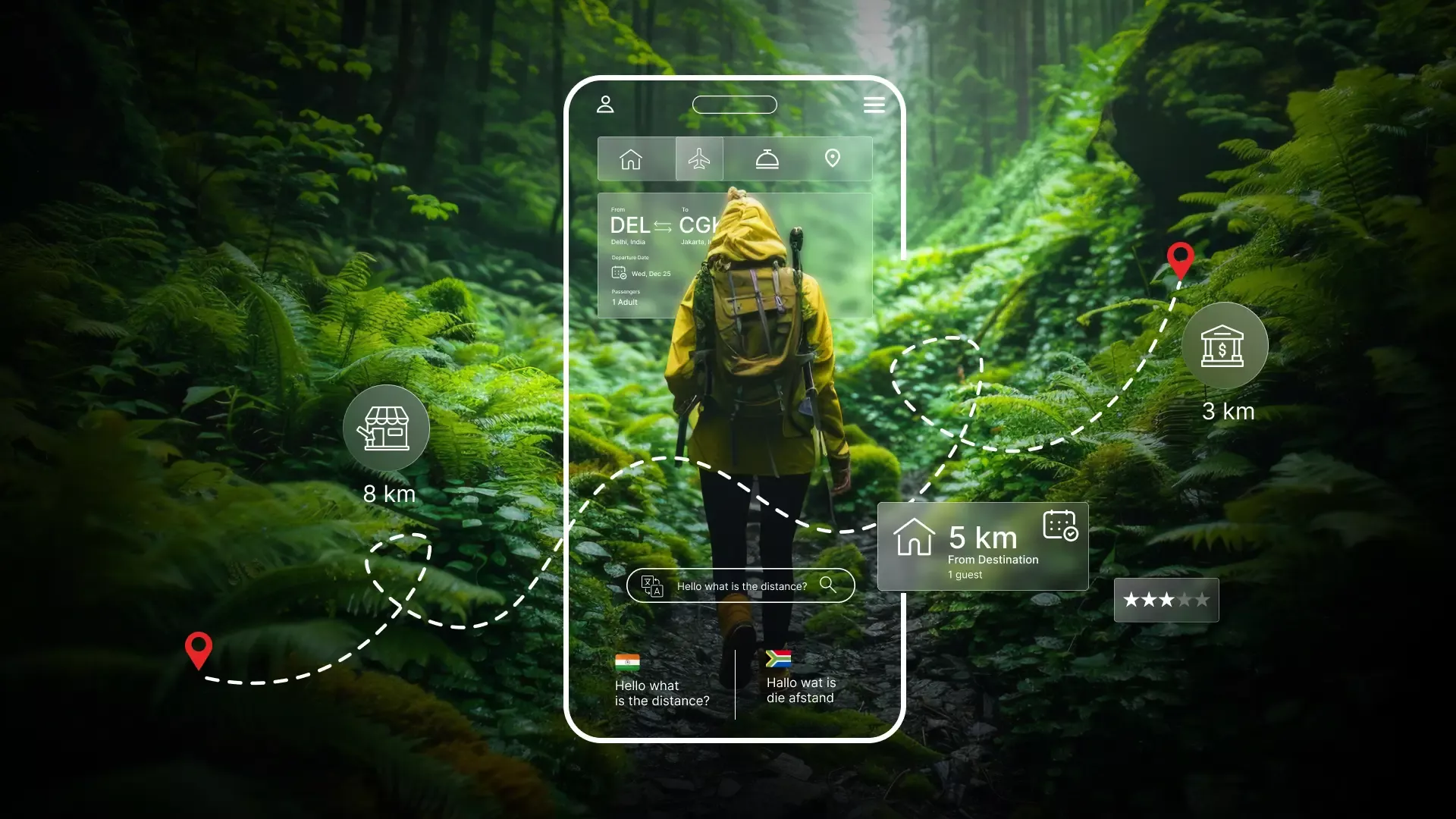
Itinerary Generator
For travelers who like to detail their tours down to the tiniest bit, the itinerary generator is a key feature in travel mobile apps.
It simplifies planning by letting users input their destination and duration, consolidating all essential details in a user-friendly interface.
Booking Function
A travel app must offer seamless booking for flights, trains, and hotels, enabling users to reserve anytime. Advanced systems enhance this with price comparisons, reminders, and real-time discounts.
In-app cab booking adds convenience by streamlining local transportation for a hassle-free experience.
Climate and Weather Forecasting
Real-time weather updates help travelers plan trips and avoid booking during bad weather. Features like temperature checks and storm forecasts guide tourists in packing appropriately for their destination's climate.
Cashless Travel
Travel mobile apps ease currency concerns for first-time travelers by enabling cashless transactions. Integrated payment features allow secure, seamless bookings and payments, eliminating the need for cash or paperwork. This simplifies travel management, letting users focus on making memories.
Trip Reviews & User Feedback
Every app must provide a platform for users to share their experiences with hotels, restaurants, or transportation. Honest feedback helps service providers improve and allows fellow travelers to make informed choices about destinations, accommodations, and dining options.
Virtual Exploration
Virtual tours in travel apps offer a fascinating preview of destinations, enhancing trip planning. By providing life-like experiences, these apps let users explore and customize itineraries based on real-world insights and recommendations.
Language Translator
A language translation feature enhances travel mobile applications by breaking language barriers. Tourists can easily translate text, voice, or visuals, ensuring smoother communication in unfamiliar regions.
Currency Rate Convertor
Another essential feature that travel app developers should consider implementing is currency conversion. The complexities of foreign exchange can be a significant source of stress for travelers.
Tourists can track current exchange rates and efficiently allocate their budget for various activities, services, and destinations throughout their trip.
World-clock Time Converter
A time-zone converter in a travel app helps tourists easily check local times worldwide. This feature is especially useful for coordinating with others or attending meetings across time zones, ensuring smooth communication throughout the trip.
Impact of Mobile Apps on Travel & Tourism Businesses
In the travel and hospitality industry, mobile apps have not only enhanced the traveler experience but also driven significant revenue growth.
Here’s how they are reshaping the sector:
- Expand reach: An online platform can reach and attract a global audience from diverse demographics. It makes local businesses recognizable, and travelers easily connect with them and access their services.
- Enhance customer experience - With apps, travel agencies can continually interact with tourists throughout their journey, get their feedback and opinions, and find ways to improve their service.
- Service Personalization - An application enables a travel business to leverage customer data insights and offer tailored services aligned with travelers' preferences and interests.
Technological advancements, particularly in mobile app development, have reshaped the travel and tourism industry, creating new opportunities for businesses. Mobile apps now streamline hotel searches, flight bookings, and itinerary planning, putting a wide range of services at travelers’ fingertips.
Recognizing this shift, travel enterprises are leveraging feature-rich, user-friendly travel apps to meet evolving traveler demands. These apps help boost revenue, enhance brand reputation, and expand their global reach.
Email us or Talk to us at +91-98367-81929 or Simply Contact Us through the website.
Let's Connect


